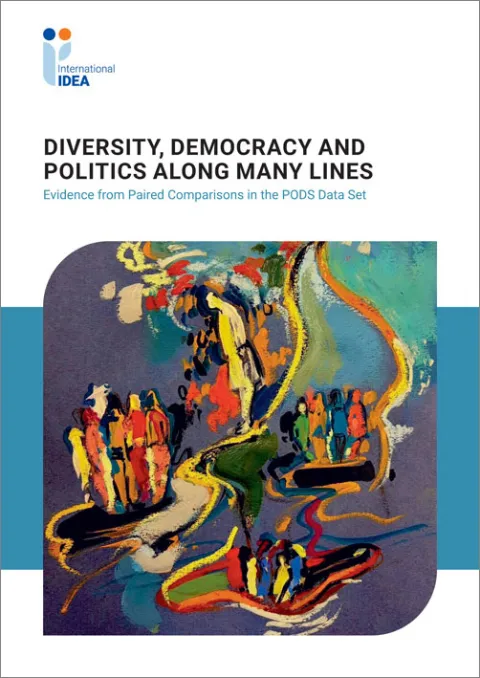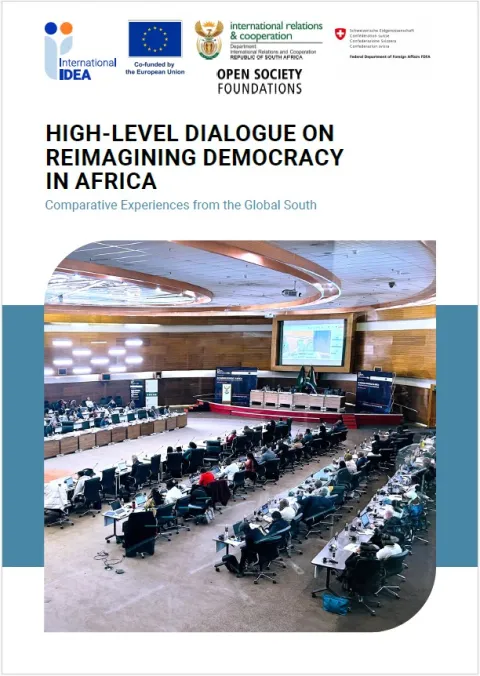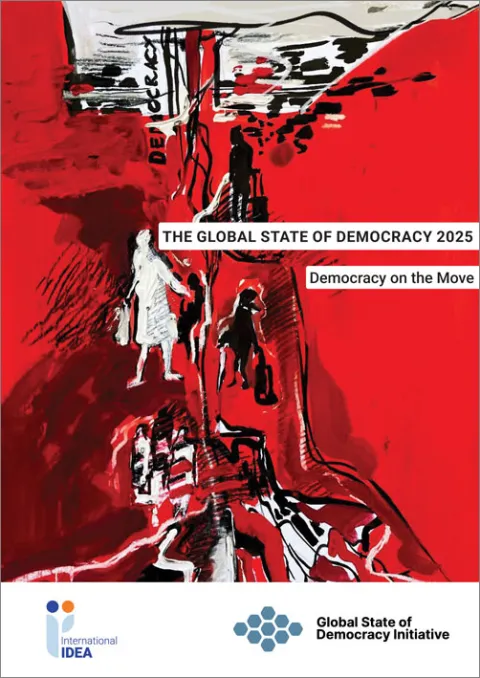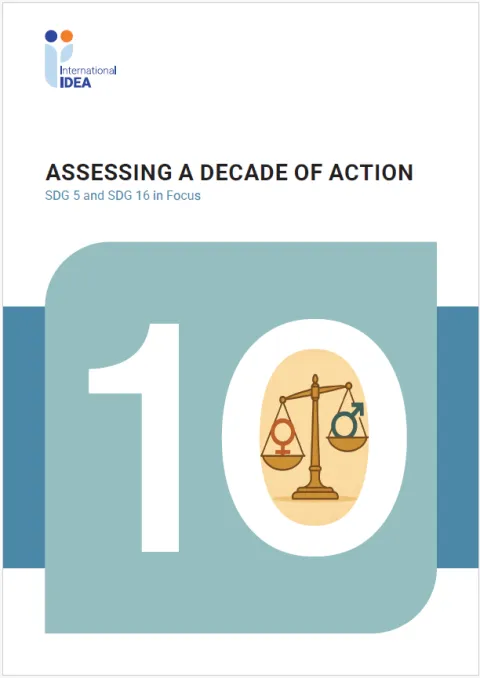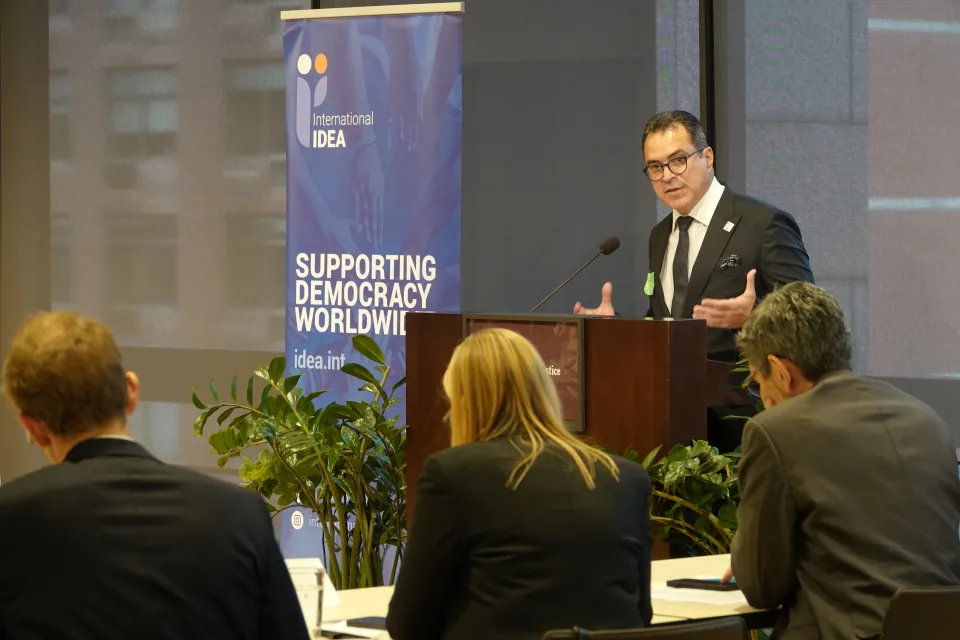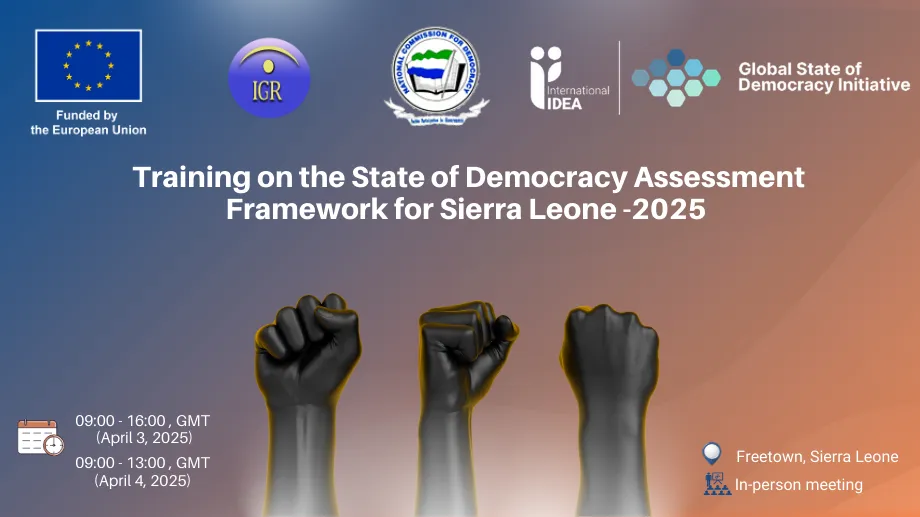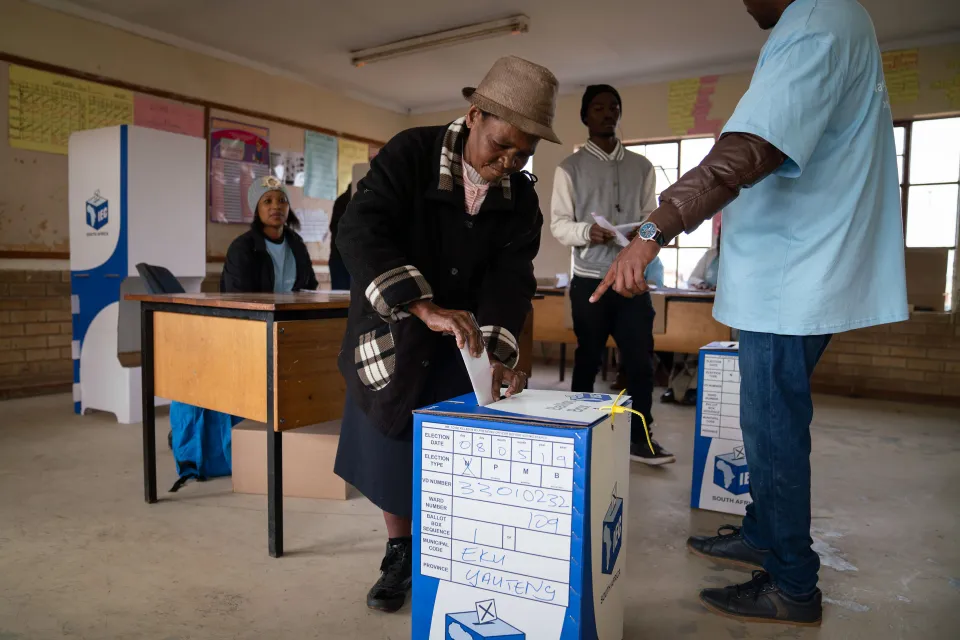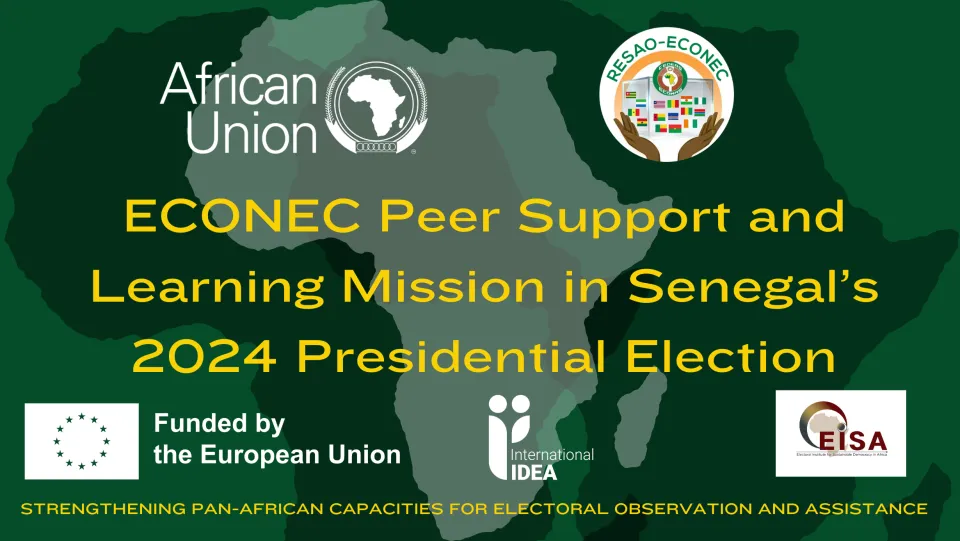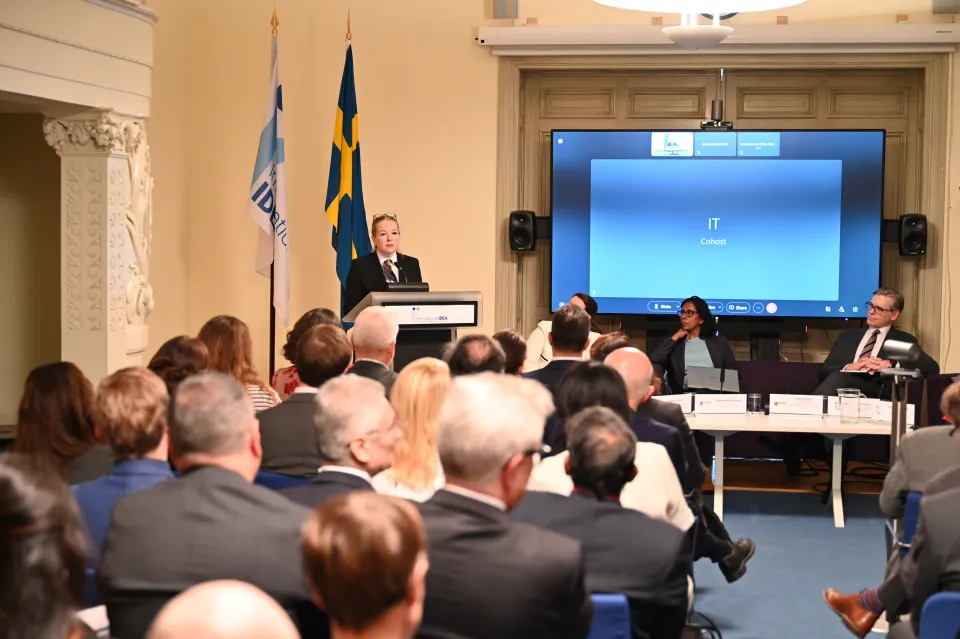The Global State of Democracy 2023
The global state of democracy in 2023 is complex, fluid and unequal. Across every region of the world, democracy has continued to contract, with declines in at least one indicator of democratic performance in half of the countries covered in the Report. Measured in terms of the areas of improvement and decline within each country, 2022 was the sixth consecutive year in which more countries experienced net declines in democratic processes than net improvements. In short, democracy is still in trouble, stagnant at best, and declining in many places. But there are a few green shoots of hope (notably, corruption falling and surprisingly high levels of political participation). Indeed, while The Global State of Democracy 2023 shows some declines in countries that had been thought to be healthy democracies, at the same time there were encouraging improvements in countries where the level of oppression has been constant for years.
Against this background, this year’s Report highlights the role of so-called countervailing institutions in stopping the erosion of democratic institutions and reacting to the entrenchment of authoritarian forces. The term goes beyond the traditional understanding of ‘checks and balances’ to encompass those governmental and non-governmental institutions, organizations and movements that check the aggrandizement of power and balance the distribution of power to ensure that decision makers regularly integrate popular priorities into policy. Countervailing institutions include relatively new entities, such as human rights organizations and electoral management bodies, as well as civil society networks, popular movements and investigative journalists, which all play an irreplaceable role in ensuring democracy continues to be of and by the people.
What can be done to address the threats to democracy, both acute and chronic? The Global State of Democracy 2023 policy recommendations include: support for electoral processes, focusing on mechanisms that guarantee fair contests and participation; transparency and access to information in legislatures that would multiply the sources of accountability; full commitment from governments to protect civic space; and legal protections for the independence of institutions that protect elections, investigate corruption and supervise government programmes.
Details
Contents
Foreword
Preface
Executive summary
Introduction
1. Global patterns
2. Africa
3. Western Asia
4. Americas
5. Asia and the Pacific
6. Europe
7. Policy recommendations
8. Conclusion
Annex A. Methodology
Annex B. Rankings
References
Give us feedback
Do you have a question or feedback about this publication? Leave us your feedback, and we’ll get back to you
Send feedbackThe Global State of Democracy 2023
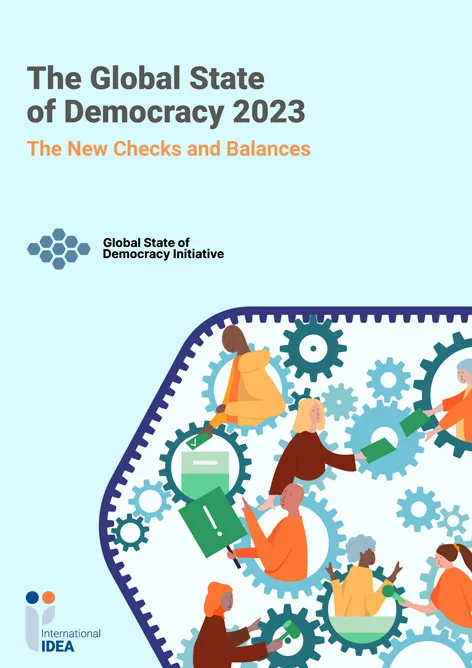
| Total views | 61431 |
|---|---|
| Downloads | 5586 |
| Rating |
Give us feedback
Do you have a question or feedback about this publication? Leave us your feedback, and we’ll get back to you
Send feedback